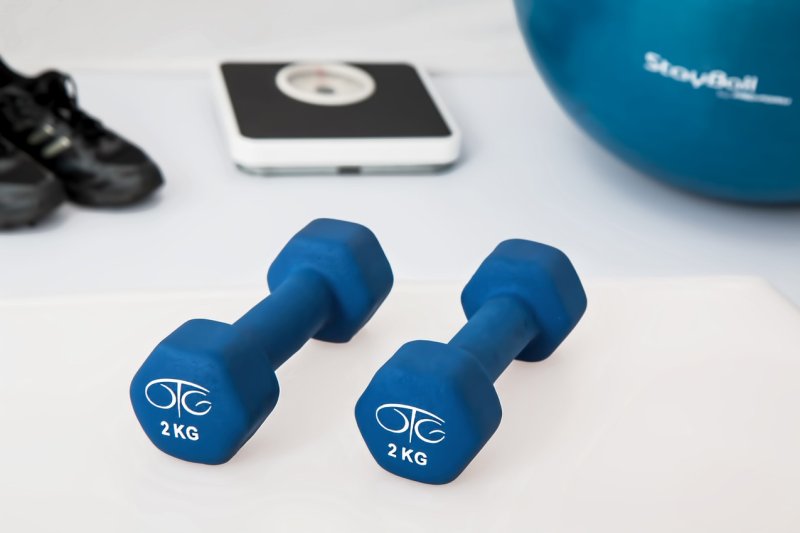Cancer patients treated with chemotherapy often deal with fatigue and frailty, but researchers say that exercise can protect heart health and help them feel better. Photo by
stevepb/Pixabay
Oct. 7 (UPI) -- Chemotherapy is known to increase the risk for cardiovascular disease, but researchers say physical activity for a group of patients known to get less exercise could lower that risk.
Researchers in Pittsburgh and Italy, in a study published Sunday in the European Journal of Preventive Cardiology, suggest tailored exercise programs for cancer patients during and after chemotherapy can prevent or reverse heart damage related to cardiotoxicity.
People with cancer often experience cardiovascular diseases as side effects. As a result, cardiovascular risk factors such as high blood pressure -- as well as heart health risk factors like smoking, weight and diet -- can all play a higher role in cardiotoxicity.
"Physical activity before, during and after cancer treatment can counteract the negative effects of therapies on the cardiovascular system," Dr. Flavio D'Ascenzi, a researcher at the University of Sienna and lead author of the new study, said in a press release. "In addition, it can relieve symptoms such as nausea and fatigue and help prevent unwanted changes in body weight."
While every cancer and cancer patient is different, researchers on the new study suggest endurance training may be good for overall heart performance and reduction in inflammation. Resistance training could be better for more frail patients. Inspiratory muscle training is better for those with thoracic cancer.
Depending on a patient's health condition -- exercise may carry risk for some, such as those who are frail or have low hemoglobin levels -- doctors should work with a full medical team ranging from oncologists and cardiologists to psychologists and nutritionists to design exercise programs.
Once the proper dose of exercise has been found, researchers say, patients need to be monitored. The benefits, however, can often by felt by patients when they start to get moving, even making the fatigue of cancer treatment more bearable.
"Cancer patients are often less active than adults without cancer," D'Ascenzi said. "However, exercise is essential for patients diagnosed with cancer who are under treatment, irrespective of the type of treatment."















